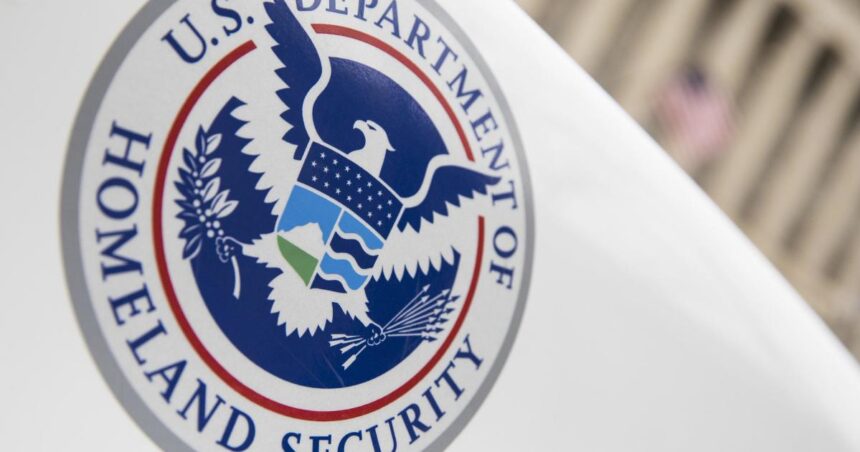A joint federal intelligence bulletin obtained by CBS News warned of potential violent extremism and hate crimes being committed in response to the one-year mark. from the attack on October 7 in Israel by the militant group Hamas and the resulting conflict in Gaza.
The bulletin, written by the FBI, the Department of Homeland Security and the National Counterterrorism Center, was first distributed by federal law enforcement to local law enforcement partners late Wednesday.
The agency found that marking a one-year attack “as well as a more significant escalation” in the Israel-Hamas war “could be a motivating factor for violent extremists and hate crime perpetrators to commit violence or threaten public security,” the bulletin read.
The bulletin provides several recent examples of these threats, including the September 6 arrest of Pakistani citizens by Canadian authorities accused of planning a mass shooting at a Jewish center in New York City.
The bulletin also comes as tensions continue to rise in the Middle East. After the Israeli airstrikes in Beirut last week which kills Hezbollah’s longtime commander, Hassan Nasrallah, Iran on Tuesday responded with a salvo of missiles at Israel, launched nearly 200 ballistic missilesmost of which were intercepted by Israel’s missile defense system. Hamas and Hezbollah are both proxies of Iran.
Israel also began limited ground operations in southern Lebanon this week.
After the Iranian missile attack, a senior DHS official told CBS News during a briefing Wednesday, “I don’t know that we’ve gotten a clear assessment of that. Exactly what Iran’s intentions might be, but, we’ve established that Iran has a global capacity and a global capability, that we can draw on, can target U.S. interests around the world — which it certainly has the reach and capacity to do. to engage with individuals here in the United States in ways that pose a potential threat to the United States, at home.”
The official added that this is an area of ”near daily engagement” between DHS, the FBI and other law enforcement partners.
Iran has participated in “various other efforts after October 7,” the official noted, including “putting out fabricated material to try to increase people’s anger about the post-Oct. 7 situation.”
The bulletin warns that “further expansion of the conflict into the region could be a motivation for violence against Jewish, Israeli, or American targets in retaliation for civilian deaths, and we cannot prevent the possibility that threat actors in the United States will respond with violence to the death” of Nasrallah .
Intelligence analysts announced in a bulletin that the October 7 attack and the Israel-Hamas war “have been cited as sociopolitical grievances that have influenced some of the mobilization of individuals for violence in the United States,” adding that “hate crimes increased shortly after the attack and have decreased. in the past few months until levels consistent with pre-conflict reports, trends reflecting post-conflict hate crimes or previous international events.
In the month immediately after October 7, reports of antisemitic incidents increase in the US The Anti-Defamation League said it recorded 2,031 antisemitic incidents nationwide between October 7 and December 7, 2023, a 337% increase compared to the same period in 2022.
“Over the past year, we have observed violent extremist activity and hate crimes in the United States related to conflict,” the bulletin read. “Jewish, Muslim, or Arab institutions, including places of worship, mosques, and community centers, and public gatherings, such as memorials, vigils, or other demonstrations, provide attractive targets for violent attacks or hoax threats by various threat actors, including domestic violence extremists, domestic violence extremists, and hate crime perpetrators who may view birthdays as an opportunity to carry out attacks or other high-profile illegal activities.
The bulletin also warns that foreign terrorist organizations have created media that compare the attacks of October 7 and 9/11 and encourage “lone attackers to use simple tactics like firearms, knives, Molotov cocktails, and vehicles to attack Western targets in retaliation for the deaths in Gaza. Individuals inspired by this online messaging can act on their own to carry out attacks without warning.




